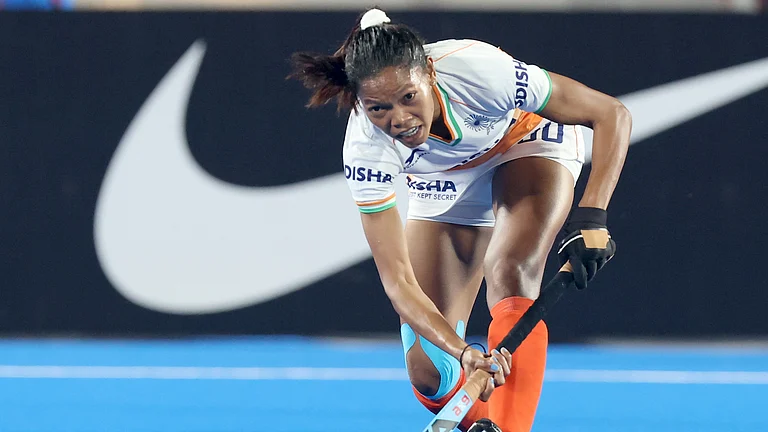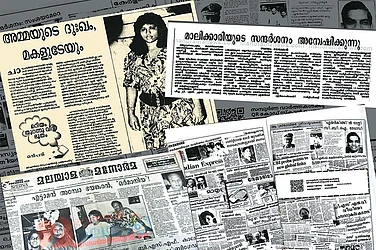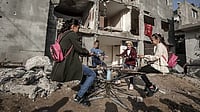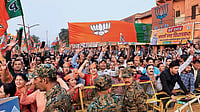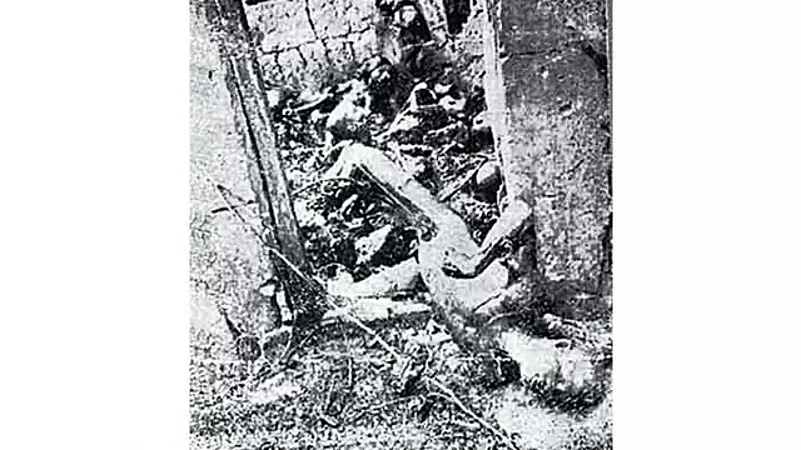
December 25, 1968
The Keezhvenmani Massacre
It originally began as a labour dispute between upper caste landowning communities and Dalit agricultural labourers in Keezhvenmani village in Nagapattinam district of Tamil Nadu who were demanding higher wages. Soon, the upper caste people got annoyed by the belligerent change in the attitude of the Dalits, who were now supported by the Communists. On December 25, 1968, 44 Dalits, including 16 women, 23 children and five men, were burnt to death by their landlords. But it was more than a caste clash. “Politics, caste and class issues are so inextricably intertwined that it is impossible to know where one ends and another begins. But at its core, it is a gruesome reminder of the treatment that is meted out to the oppressed when they start demanding what is rightfully theirs,” says Nithila Kanagasabai in her paper titled The Din of Silence: Reconstructing the Keezhvenmani Dalit Massacre.
July 17, 1985
The Karamchedu Killings
The genesis of the Karamchedu massacre can be traced to a minor incident where a Dalit boy objected to an upper caste boy soiling the water tank where the Dalits drew their drinking water in Karamchedu village in Bapatla district, Andhra Pradesh. Experts say that the massacre happened because the upper castes wanted to teach a lesson to the Dalits since they felt that their supremacy was being challenged by the “untouchables”. On July 17, 1985, the upper castes killed six Dalits, while injuring many others. Many women were raped, their houses burnt and looted, and hundreds were displaced. The incident had far-reaching implications—the Andhra Pradesh Dalit Mahasabha was formed; several court cases were filed; and more than 150 people were sent to prison.
January 25, 1986
Murdered in Broad Daylight
On January 25, 1986, four Dalits were murdered in broad daylight in Golana, Gujarat, by hundreds of upper caste people. Eighteen Dalits suffered severe injuries; two of them died later. The upper caste people, who killed them with firearms, were angered by the Dalits wanting to build houses in land allotted to them by the government. Their houses were set on fire. On April 7, 1997, 11 of the 14 accused got life imprisonment.
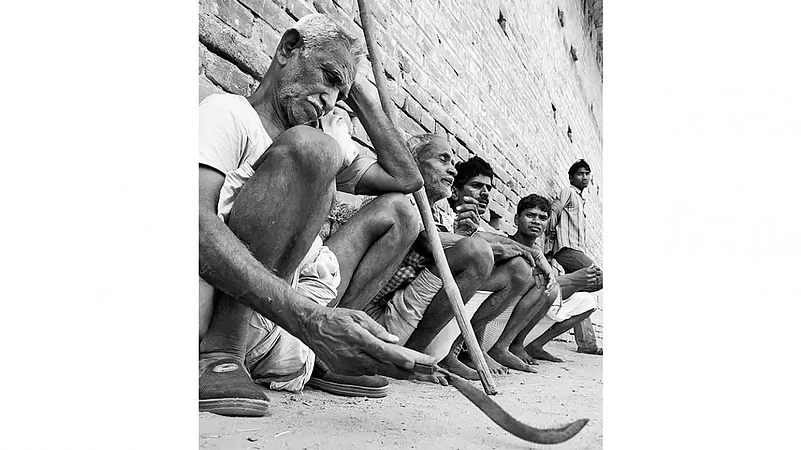
December 1, 1997
Retaliatory Killings
Laxmanpur Bathe village in Arwal district of Bihar was the place where 58 Dalits were allegedly killed on December 1, 1997, by members of the Ranvir Sena in retaliation for the Bara massacre in which 37 upper caste people were killed. Laxmanpur-Bathe was targeted because Ranvir Sena members believed the village’s Dalits, mostly poor and landless, were sympathisers of the Communist Party of India (Marxist–Leninist) Liberation, who they believe were allegedly behind the Bara massacre. The court gave death sentence to 10 of the 16 accused.
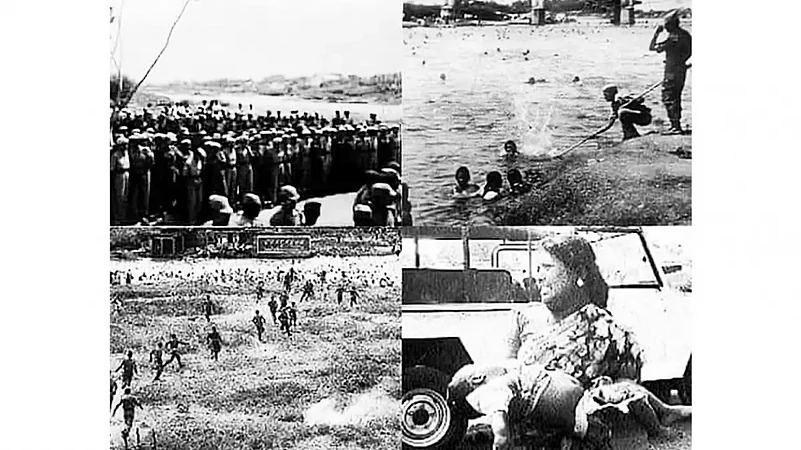
July 23, 1999
Massacre in Manjolai
On 23 July 1999, a large number of labourers from the tea estates of Manjolai congregated in Tirunelveli, Tamil Nadu and marched towards the collectorate demanding the release of a number of estate workers, who were arrested earlier for staging a protest demanding better wages. The workers were being paid Rs 70 per day then, and they were demanding the pay to be increased to Rs 100. A large contingent of lathi-wielding police brutally assaulted the protesters, forcing them to run towards the river. As police continued to chase them to the river, many got into the river and drowned. The Justice Mohan Commission that probed into the incident submitted that 11 of the 17 died due to drowning, while rest died due to injuries. Even now, many of their demands have not been met, but the estate workers have since been kept satisfied with a pay of Rs 138 per day.
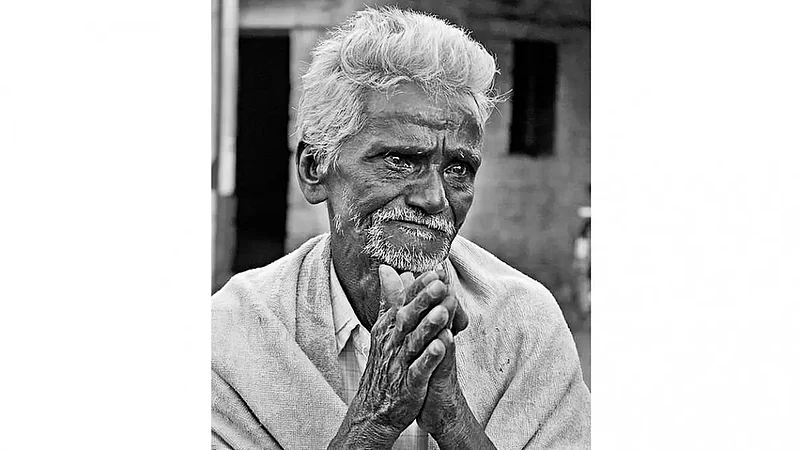
March 4, 2000
Burnt Alive
On March 4, 2000, seven Dalits were burnt alive in Kambalpalli, Karnataka, by 200 upper caste people. Police sources said that a group of Dalits killed a certain Krishna Reddy with lethal weapons, and in retaliation, Reddy’s relatives and supporters set fire to huts, where the Dalits were hiding. The Karnataka High Court acquitted all the 32 accused in the case. The bench headed by Justice Mohan Shantanagoudar held that a conviction would be “pre-judicial” to the interest of the accused given that 14 years had passed since the incident and all the 22 eye-witnesses had since turned hostile.
October 15, 2002
‘Mistaken Identity’
Five Dalits were lynched and beaten to death in Jhajjar district, Haryana, on October 15, 2002, by a mob that believed at the time that they were engaged in cow-slaughter. The victims were reported to have been dragged by a mob out of a police post where they had taken refuge and lynched in the presence of the City Magistrate, the Deputy Superintendent of Police of Jhajjar and Bhadurgarh, the Block Development Officer and at least 50 policemen. Later, the National Commission for SCs/STs, toeing the government line, said the “killing took place out of mistaken identity”.
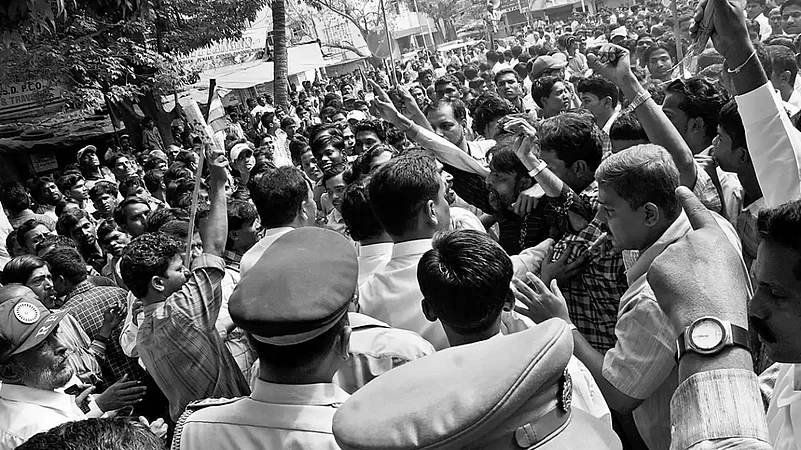
September 29, 2006
Raped, Killed
Four members of a Dalit family were murdered in a small village called Kherlanji in Maharashtra on September 29, 2006, owing to a land dispute. The accused dragged out Surekha Bhaiyyalal Bhotmange and her two sons and daughter and asked the sons to rape the daughter. When they refused, they mutilated their genitals. Surekha and Priyanka were dragged into a cattle shed and were brutally raped. Spectators said that the naked bodies of Priyanka and Surekha were paraded through the village before they were dumped in the canal. On September 24, 2008, the six accused got death sentence while two others got life imprisonment.
January 22, 2012
Burnt Down
On January 22, 2012, over 40 Dalit homes were burnt down by upper castes in Lathor, Odisha. The trigger was a small incident. A Dalit boy had gone to a shop to buy a new shirt, which he wore over the shirt he was already wearing. After he left the shop, the shopkeepers called him back and accused him of being a thief and beat him up. It did not end there. The upper caste people came back with weapons and attacked the Dalits who were staying in their hamlet. The Dalits tried to save themselves and ran away from their homes, which was burnt down.
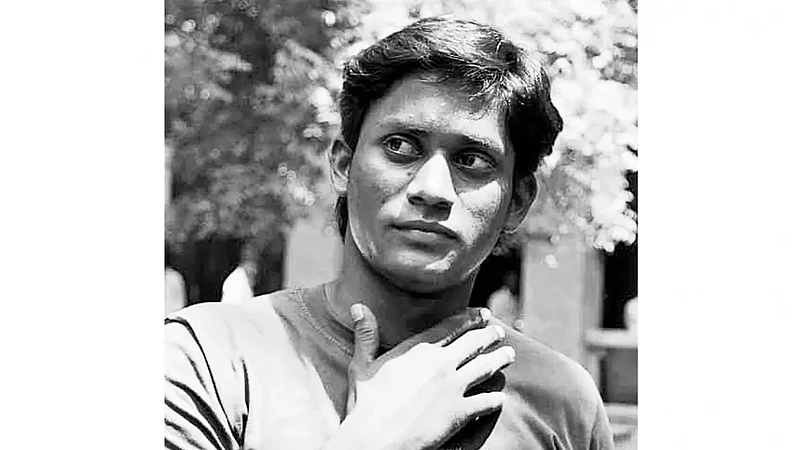
July 4, 2013
Love the Reason!
The body of a young Dalit boy, Ilavarasan, was found on the railway tracks in Dharmapuri in northern Tamil Nadu on July 4, 2013. Initially reported as a suicide, his family and Dalit groups suspected murder by the upper caste groups. This was because of Ilavarasan’s marriage to Divya, a girl from an upper caste group. Weeks after they were married, the upper caste people had a meeting in Divya’s village of Sellankottai, constituted a kangaroo court, and ordered Divya to come home. When Divya refused, her father, Nagarajan, committed suicide, which led to riots and the burning down of scores of Dalit houses.
April 7, 2014
Forcible Eviction
Upper caste people burnt down several Dalit homes in a village in Bihar on April 7, 2014, because the attackers had been trying to forcefully evict the residents. Earlier, a meeting was negotiated between both the parties to settle the issue. Instead, 12 men arrived at the Dalit hamlet taking the residents by surprise. After beating them up and abusing several individuals, they set fire to their houses. It is alleged that initially the local police officers prevented the Dalit families to file a First Information Report. It was finally registered after orders from the District Magistrate. While one of the 12 accused was arrested, the rest of the 11 attackers roam free in the village.
September 21, 2014
Chopped to Pieces
The village of Jawkheda Khalasa in Ahmednagar district, Maharashtra, hardly had a history of Dalit abuse. That was until September 21, 2014, when three members of a Dalit family were brutally killed. Some body parts were found in a dry well nearby. Dalit organisations suspect the hand of upper caste groups of the village. Till today, the police have not made much headway in the case. And the only person who has been arrested is the complainant, a relative of the family.
March 2, 2015
Humiliating Act
It is caste violence; crude; and, disgusting. Upper caste men reportedly urinated in the mouth of a Dalit youth after attacking him. The incident happened at Karuvanur in Krishnagiri district of Tamil Nadu on March 2, 2015. According to reports, 20-year-old M Aravindhan, who worked as a welder, had gone to his native village when the incident occurred. “Some upper caste people used filthy words against us when they saw us. When we opposed them, they attacked us,” says Aravindhan. When Aravindhan fell on the ground, he asked for some water. Instead, the upper caste men urinated in his mouth.
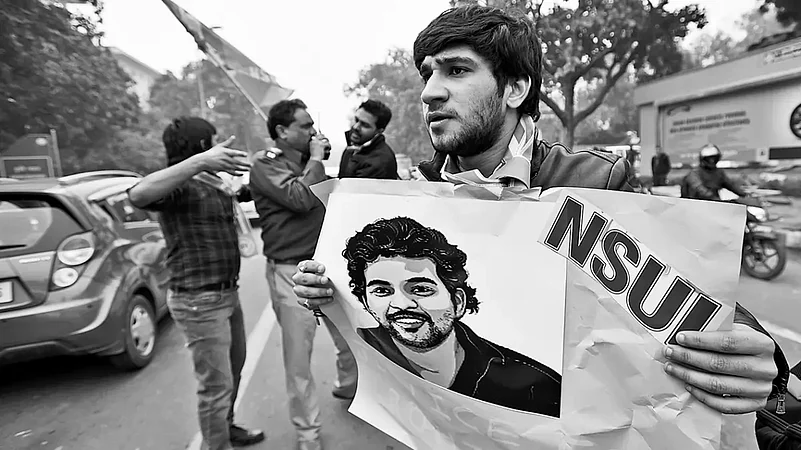
January 17, 2016
Rohit Vemula’s Suicide
Rohit Vemula, a 26-year-old Dalit student of the Hyderabad Central University and a member of the Ambedkar Students’ Association, committed suicide on January 17, 2016, after he and four others were suspended after a complaint from the Akhil Bharatiya Vidyarthi Parishad (ABVP)—the student wing of the BJP—alleged that Vemula and his friends had attacked a member of the ABVP. Earlier, the university had stopped Rohit’s monthly stipend, which the institution later denied. But they were removed from their hostel rooms, forcing them to launch a hunger strike in a tent on the campus. “I always looked at the stars and wanted to be a writer, a writer of science like Carl Sagan. But in the end, this is the only letter I am going to write,” he said in his suicide note.
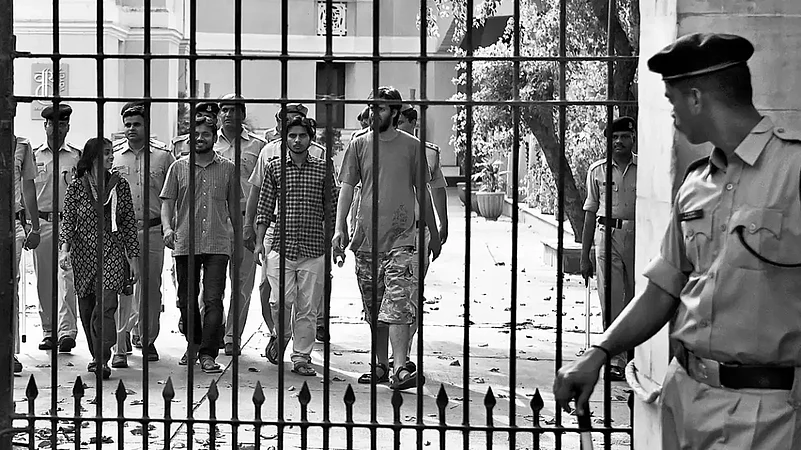
March 29, 2016
Raped by School Teacher
Delta Meghwal was raped by her school teacher and her body was drowned in a water tank on March 29, 2016. This incident happened in the Bikaner district of Rajasthan. Her father alleged that the college tried to cover up the incident and said that it had a written apology signed by Meghwal, which indicated consensual sex. Five years after the incident, the district court held that the accused was guilty of kidnapping, raping and abetting the suicide of the minor.
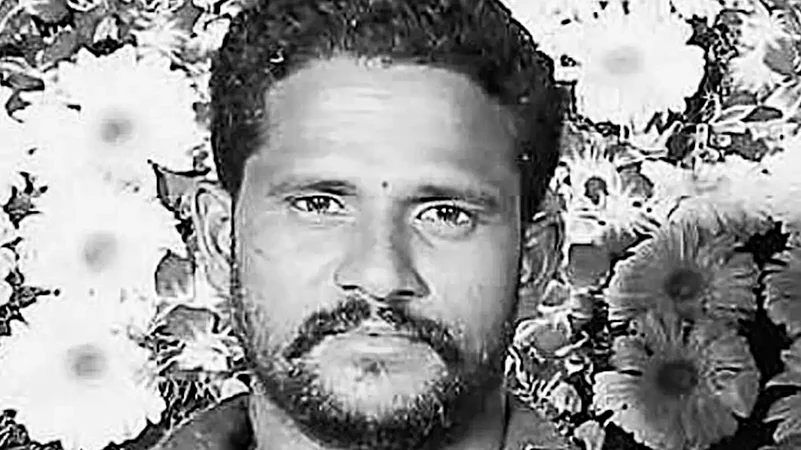
March 14, 2017
Murder Most Foul
Mantani Madhukar’s private parts were injured and he was murdered by upper caste people on March 14, 2017, in Telangana for loving a girl from their community. His body was found at a nearby canal. The youth’s family says the police had tried to give a suicide twist to the incident as some politicians had conspired to shield the culprits.
June 15, 2018
For a Pair of Shoes
In June 2018, a 13-year-old Dalit boy was allegedly attacked in Gujarat for wearing a pair of mojris—leather shoes traditionally seen as royal footwear and worn by upper-caste members in some parts of India. According to local media, he was approached by a group of men who asked him which caste he belonged to and when he said he was a Dalit, they abused him for “posing as an upper-caste member by wearing jeans, mojris and a gold chain”. In the video that went viral, a group of men can be seen beating the boy with a stick while he pleads for mercy.
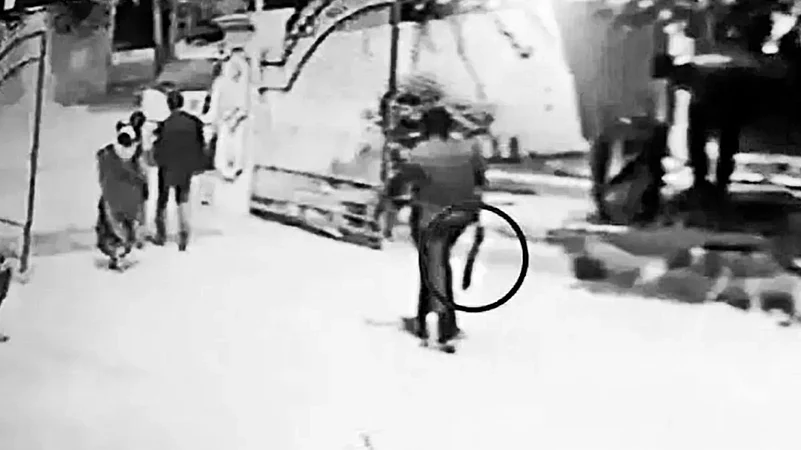
September 14, 2018
Killed in Front of His Wife
Pranay Kumar, a 23-year-old Dalit, was murdered on September 14, 2018 in Miryalaguda, Telangana, for marrying a woman outside his caste. What is gruesome is that he was killed in front of his wife, Amrutha Varshini, who was five months pregnant. It is alleged that the girl’s family had paid a contract killer to do the job. Due to widespread public pressure, the police arrested Amrutha’s father and three alleged contract killers in connection with the murder.
April 26, 2019
Killed For Sitting On A Chair
In April 2019, a group of upper caste men in a village in Uttarakhand beat up a 21-year-old Dalit so badly that he died a few days later. His alleged crime was that he sat on a chair and ate food prepared by upper caste residents. The food had been cooked by upper-caste residents because many people in remote regions don’t touch any food prepared by Dalits. “The scuffle happened when food was being served. The controversy erupted over who was sitting on the chair,” police officer Ashok Kumar said. The incident has been registered under the Scheduled Castes and Scheduled Tribes (Prevention of Atrocities) Act.
July 15, 2020
Beat up
In July, 2020, the Madhya Pradesh police beat up a couple for occupying government land. The couple said they had leased the land for farming and attempted suicide by consuming pesticides. A team from the state revenue department, accompanied by cops, visited the land to evict the couple and prepare it for the construction of a boundary wall. The couple attempted to resist and, when faced with the devastation of their crops, drank pesticides in an attempt to kill themselves. Chief Minister Shivraj Singh Chouhan ordered the removal of the District Collector and the Superintendent of Police and a high-level inquiry was ordered.
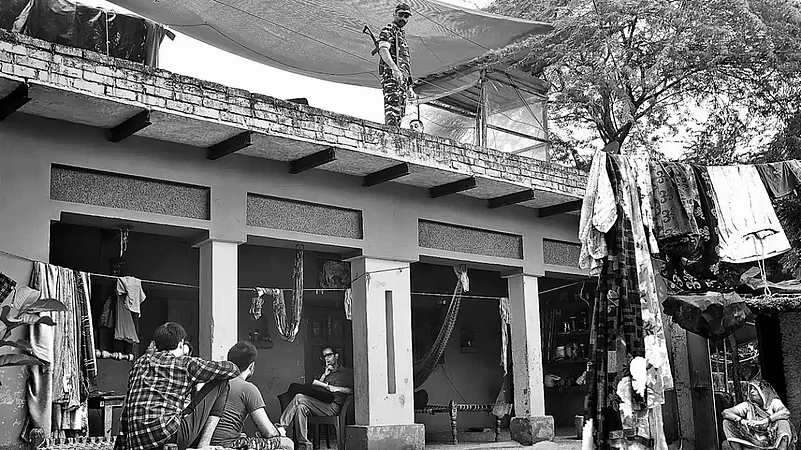
September 14, 2020
The Hathras Case
A 19-year-old Dalit woman was found by her mother in the fields of Bhulgarhi village, Uttar Pradesh, after she heard her cries on September 14, 2020. The girl was barely conscious; bruised; naked from the waist; bleeding; and vomiting blood. Her spine was broken. She had been allegedly gang raped and brutally assaulted by her upper-caste neighbours. She was taken to various hospitals, but she succumbed to her injuries on September 29. Worse, she was cremated at night by the police without the family’s consent. The case received widespread media attention and condemnation throughout the country, especially because of the way the police mishandled the case. Though a token compensation has been paid to the victim’s family and the police have arrested the four accused, the dead girl’s family has been isolated in their own village. Their only friends today are the paramilitary forces who guard their house.
(Compiled by Thallapelli Praveen; edited by S S Jeevan)
(This appeared in the print as 'Murder, Rape, Humiliation')








